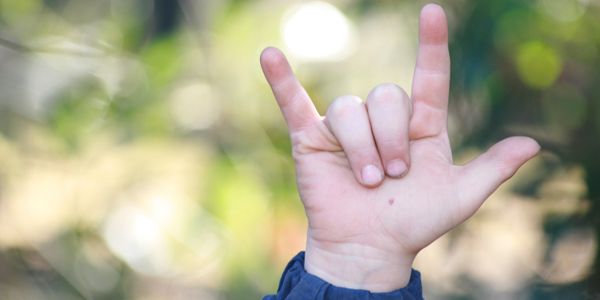Halala South Africa
- Wits University
The Deaf community celebrates South African Sign Language becoming the 12th official language.

President Cyril Ramaphosa signed into law the South African Sign Language Bill during a ceremony at the Union Buildings in Pretoria on Wednesday, 19 July 2023. This makes South Africa the fourth country on the continent to recognise sign language as an official language; other countries are Kenya, Zimbabwe and Uganda.
This highly anticipated move follows years of lobbying and will promote the rights of persons who are deaf and hard of hearing.
The Wits Centre for Deaf Studies has congratulated the Deaf community adding that this milestone represents a significant step towards inclusivity, accessibility, and equality for all members of our diverse society.
“We need to continue to fight and work towards implementing the Bill,” says Dr Claudine Storbeck from the Centre.
“We need to make sure that teachers of the Deaf are finally trained; teachers of the Deaf are finally required to learn South African Sign Language before they teach; to ensure real access to services that are fundamental human rights such as the justice system, health system, social services and many other things” Storbeck.
There are 43 schools for the Deaf across the country. Evidence indicates that Deaf learners’ education is sub-par and their literacy levels are low due to various reasons including ill-equipped teachers.
The Centre has been an advocate for the rights of the Deaf community using its intellectual muscle and networks to advance inclusion.
Founded on academic principles, the Centre which celebrates 25 years in 2023, has helped train teachers of the Deaf, and produces vital research into the Deaf education landscape.
The Centre also runs one of the country’s biggest early intervention programmes, Hi Hopes, aimed at families of deaf and hard-of-hearing babies. According to statistics, 17 babies are born with hearing loss in South Africa daily, and this excludes the number of children who develop hearing-loss as a result of meningitis, ear infections or ototoxic medication.
Read an article by Storbeck on the short-term and long-term gains that may come with the legal recognition of SALS.
Related articles
Centre for Deaf studies breaks the silence on COVID-19
Research collaboration to embrace resilience of deaf youth in SA
